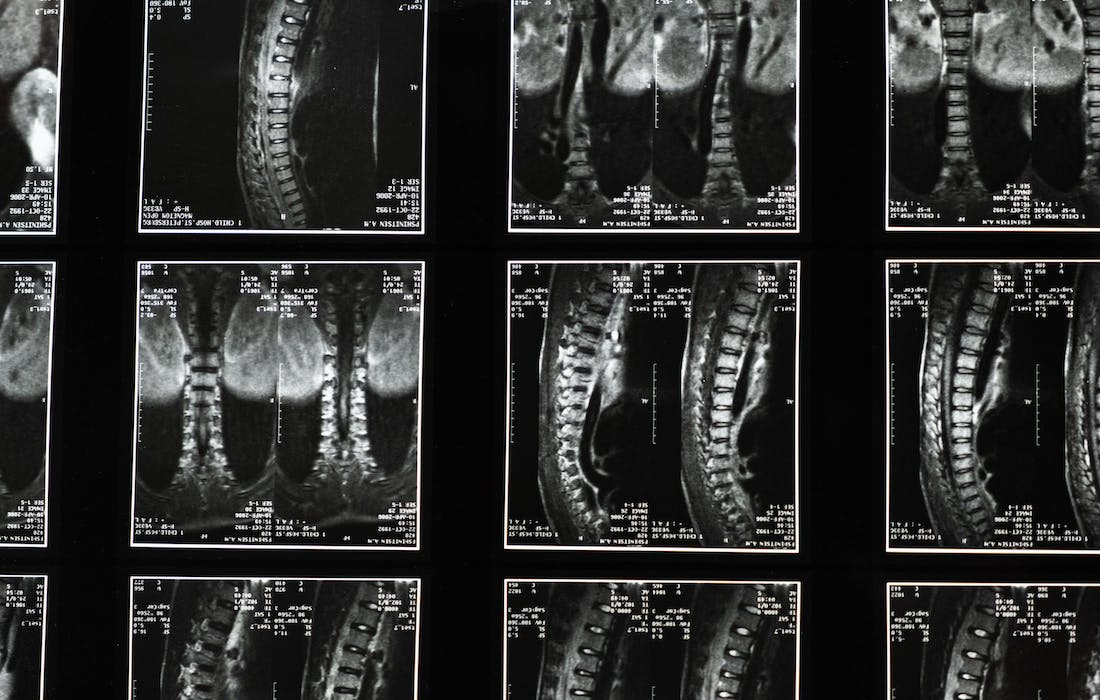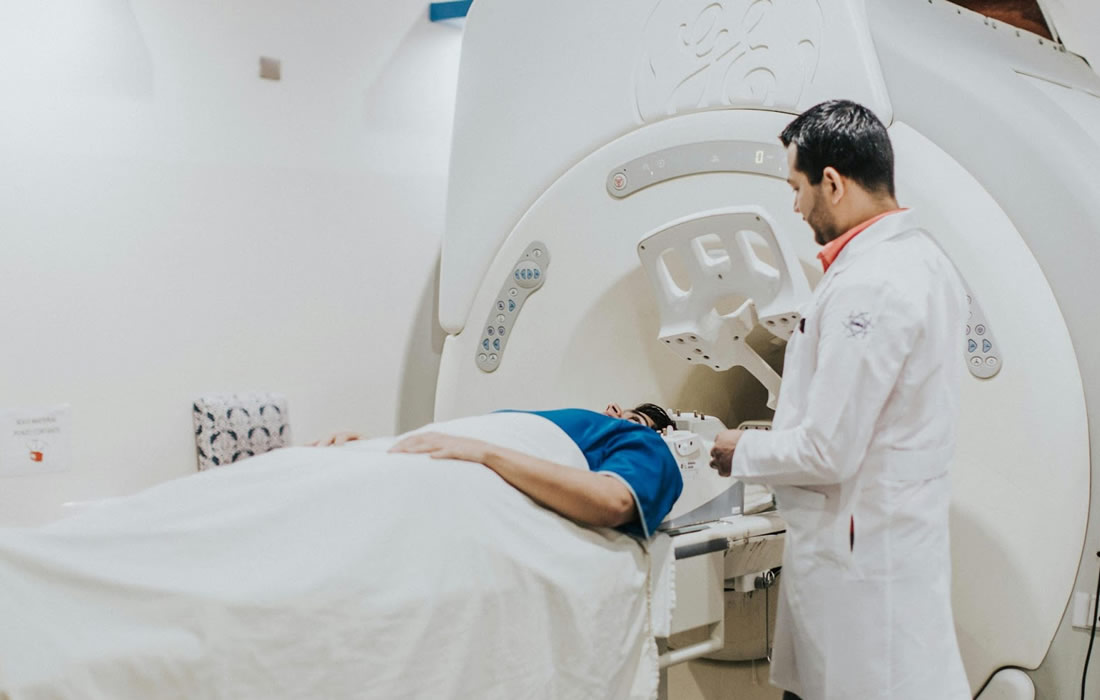Type 2 diabetes alters the behavior of discs in the vertebral column, making them stiffer, and also causes the discs to change shape earlier than normal. As a result, the disc’s ability to withstand pressure is compromised. This is one of the findings of a new study in rodents from a team of engineers and […]
Category Archives: Regenerative Medicine News and General Information
Canadian researchers led by Montreal radiologist Gilles Soulez have developed a novel approach to treat liver tumours using magnet-guided microrobots in an MRI device. Guided by an external magnetic field, miniature biocompatible robots, made of magnetizable iron oxide nanoparticles, can theoretically provide medical treatment in a very targeted manner. Until now, there has been a […]
Bacteria in the mouth may play a role in survival from idiopathic pulmonary fibrosis (IPF), finds a new study led by researchers from the University of Michigan and the University of Virginia. Working under the hypothesis that treatment with antibiotics could improve outcomes in patients with the disease, the CleanUP-IPF study includes the collection of […]
Sparked by promising studies and stories of lives transformed, clinics offering intravenous infusions of ketamine have popped up nationwide. Some also offer a newer, more expensive, nasal spray version. But major questions remain about who ketamine can help, why some people get tremendous relief within days or weeks while others don’t, and the costs and […]
People who have had the herpes virus at some point in their lives are twice as likely to develop dementia compared to those who have never been infected. A new study from Uppsala University confirms previous research on whether herpes can be a possible risk factor for dementia. The researchers studied 1,000 70-year-olds from Uppsala […]
Like other factors such as age, sex and genetics, smoking has a major impact on immune responses. This is the finding recently made by a team of scientists at the Institut Pasteur using the Milieu Intérieur cohort of 1,000 healthy volunteers, established to understand variability in immune responses. In addition to its short-term impact on […]
Physical inactivity can result in a weakening of the muscles (known as sarcopenia) and bones (known as osteoporosis). Exercise dispels this frailty, increasing muscle strength and promoting bone formation while suppressing bone resorption. However, exercise therapy cannot be applied to all clinical cases. Drug therapy may be helpful in treating sarcopenia and osteoporosis, especially when […]
Antiretroviral therapies (ART) stop HIV replication in its tracks, allowing people with HIV to live relatively normal lives. However, despite these treatments, some HIV still lingers inside cells in a dormant state known as “latency.” If ART is discontinued, HIV will awaken from its dormant state, begin to replicate, and cause acquired immunodeficiency syndrome (AIDS). […]
Multiple sclerosis (MS) is a neurological disease that usually leads to permanent disabilities. One key feature of the disease is that it causes the patient’s own immune system to attack and destroy the myelin sheaths in the central nervous system. Myelin sheaths ensure that electrical impulses travel quickly and efficiently from nerve cell to nerve […]
A new study led by researchers at the Marshall University Joan C. Edwards School of Medicine sheds light on the intricate interplay of brain regions involved in nicotine’s effects on the human brain. The research, published in eNeuro, an open-access, peer-reviewed scientific journal published by the Society for Neuroscience, explores how nicotine influences key areas […]










